Read the opinion pieces from those at the sharp end of development world – from practitioners in the field to district officers and even ideators creating schemes for the future. Field Journal is the place for civil society groups to share their experiences and insights – their highs and lows – in their journey to put India on the path to progress.
Ground Report
Young changemakers teach sustainable menstruation
Five schoolgirls from Uttarakhand took on the challenge of managing menstrual waste, breaking taboos and promoting sustainable menstruation through education, advocacy, and eco-friendly alternatives, inspiring change in their community and beyond.
The tech in the Tulsi mala
The exquisite craft of making beads from the stems of the holy tulsi plant is a painstaking process. This machine by IIT Delhi aims to solve not just that, but also increase earnings and productivity for the artisans.
Sukma’s educational renaissance
Sukma, in Chhattisgarh’s Bastar region, has adopted several best practices in its educational system to ensure that tribal children are able to secure their future.
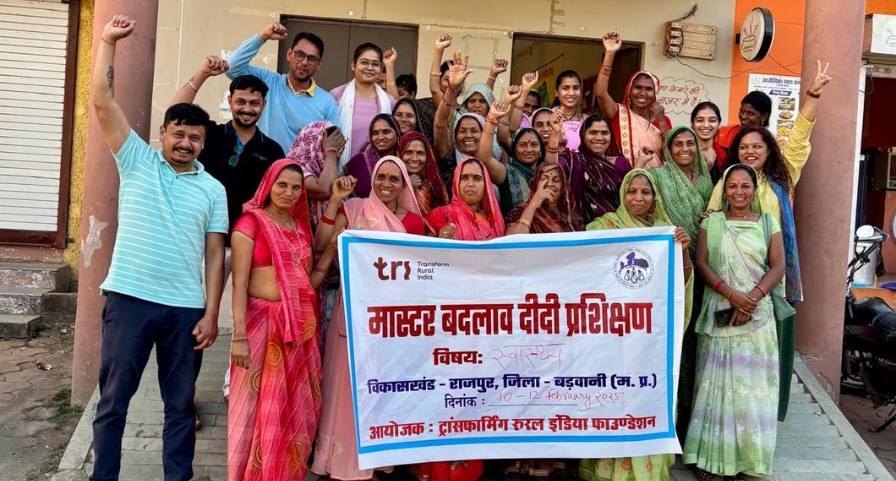
Hidden heroines of Temla: Transforming rural lives
In the small village of Temla, Tempo Chauhan and other local volunteers are intensifying their efforts to raise awareness and prevent maternal and newborn deaths. This World Health Day, marked by the theme ‘Healthy Beginnings, Hopeful Futures,’ we look at their remarkable journey.
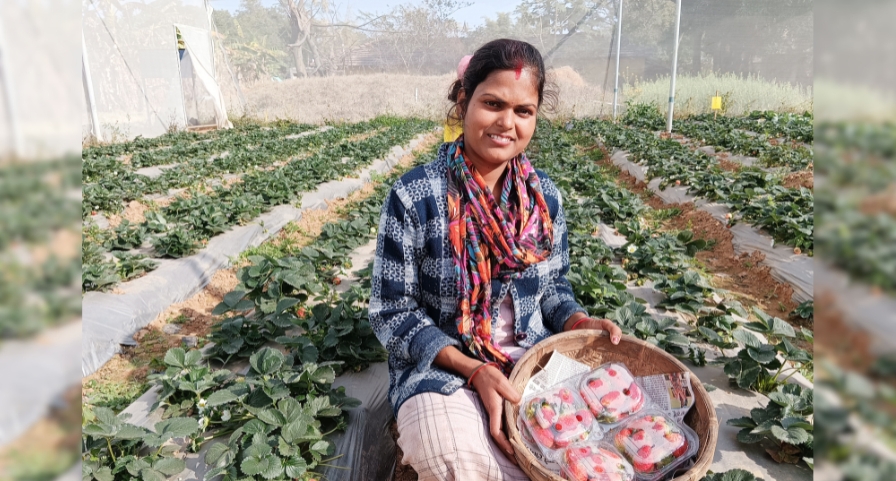
Yamuna Kumari: A pioneer in modern farming
Breaking barriers as a successful farmer, Yamuna Kumari from Jharkhand’s Bero village has inspired a community of women to take up high-value agriculture.
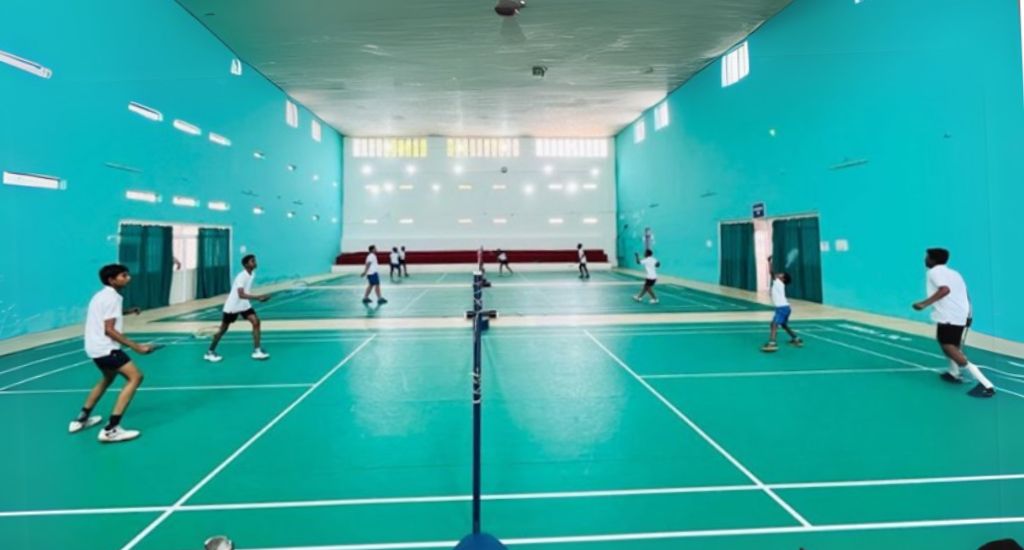
Sports Bank Initiative: Field day for Jharkhand’s tribal tracts
Nurturing sporting talent in India – a land of over a billion with uneven development and unequal distribution of resources – requires an innovative approach. That’s precisely how the administration is handling the talent in Jharkhand’s Gumla district, a region where 70% of the population are scheduled tribes.
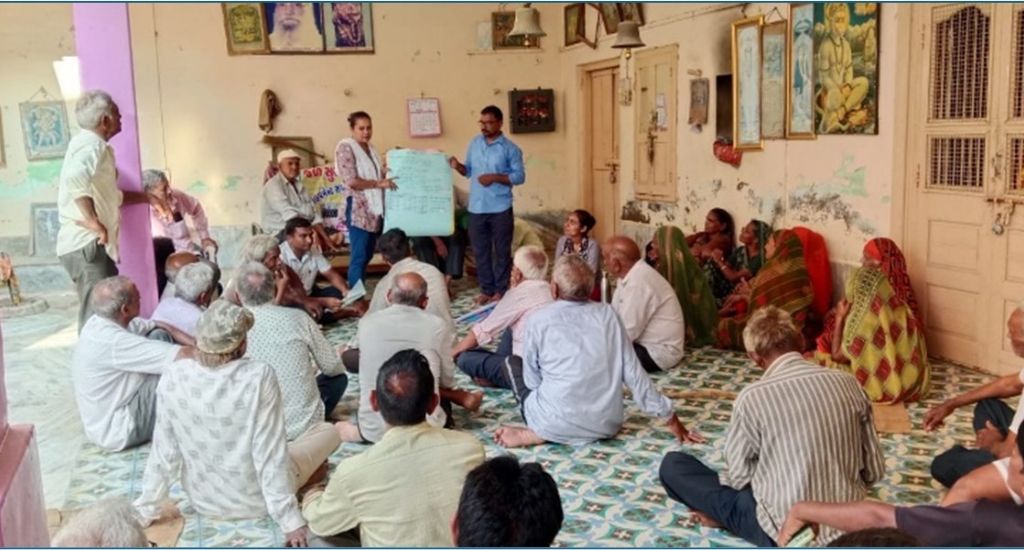
Every drop counts: Bhunav’s journey to water security
A village called Bhunav, in Gujarat’s Mehsana district, demonstrates that water security is achievable through smart planning and community action. Its success can serve as a model for other villages looking to manage their water resources sustainably.
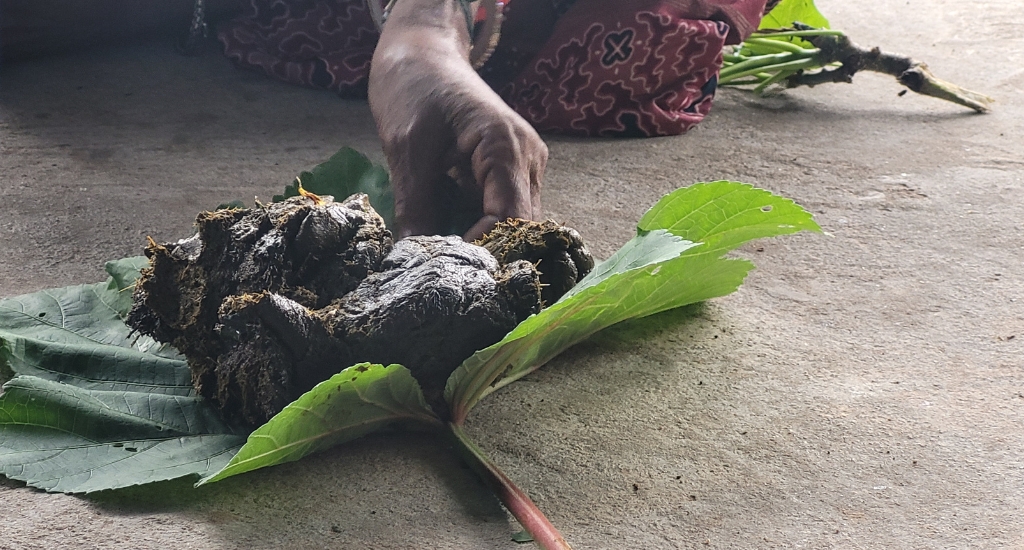
How Das Parni is transforming farming communities
Traditional wisdom and sustainability come together in this Rajasthan village to create Das Parni, a bio-pesticide that is free of chemicals, enhancing water security, along with flavours and nutrients of crops.
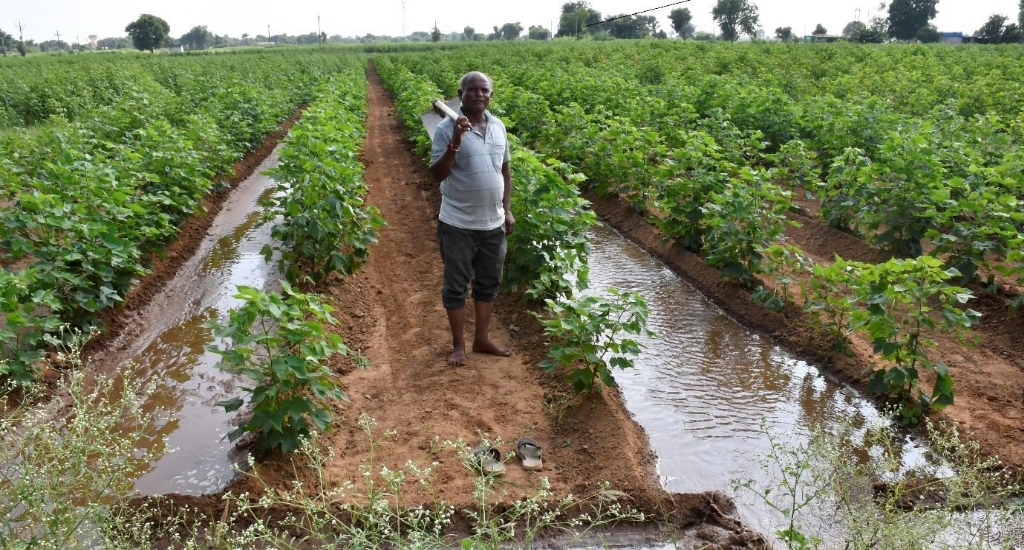
No-cost water conservation technique saves the day in a Gujarat village
With groundwater levels declining at an alarming rate in north Gujarat due to overuse, some farmers are leading the way by adopting innovative irrigation methods.


